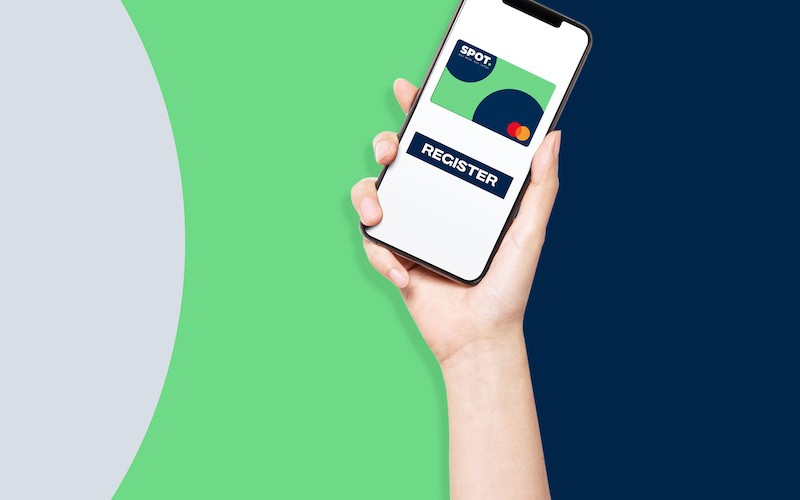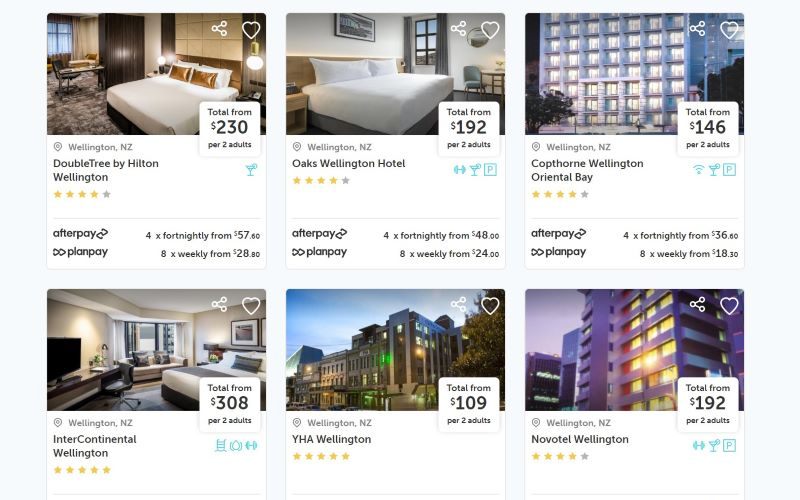Buy now, pay later (BNPL) players are now bound by the industry Code of Practice, released today by the The Australian Finance Industry Association (AFIA).
The code, which was partially announced last week, is designed to introduce "best practice standards" for the sector by strengthening consumer protections and "naming and shaming" the companies that don't act in a customer's best interests.
Created in response to a Senate inquiry report stating BNPL products needed greater self-regulation - and not to be classed as credit providers like some wanted - the main aspects of the code that will impact how BNPL platforms are used include:
- Capping the number of late payments and late fees a customer can accrue, and the customer must be properly informed about them
- Requiring all BNPL providers be a member of the Australian Financial Complaints Authority (AFCA)
- New customers must have suitability checks conducted, which requires credit checks for purchases between $15,000 and $30,000
- Ongoing customer assessments need to be done to ensure the product is suitable for them
- Each provider must have a financial hardship team
- Customers cannot be under the age of 18
Many of the requirements in the code are already enforced by different BNPL platforms: Zip and Afterpay both cap late fees already, and various platforms conduct some form of credit check for new and existing customers.
The AFIA said the code will bring the most value and confidence to consumers, advocates, regulators and other stakeholders.
"The growth and diversity of the products and services enhances consumer choice," AFIA CEO Diane Tate said.
"It brings to life the concept that innovation and competition are for the ‘everyday person’ and that this can be achieved while codifying strong consumer protections.
"All Code Compliant BNPL providers conduct suitability assessments before a potential customer can make a purchase and that there will be additional checks to prevent customers extending themselves further, for instance, if they are showing signs of difficulty making repayments.
"On top of that, there are detailed commitments to help people that find themselves in financial hardship."
An ASIC report last year found that on average, one in five BNPL customers miss repayments, with around half of those being charged late fees.
Although as Afterpay and Zip have noted, their late fee figures are far smaller than that reported by the regulator, with Zip quoting as little as one in 100 of its 2.6 million customers missing repayments per month.
These platforms reported huge growth last year, with smaller players like Klarna adding 500,000 customers and Humm Group surpassing Zip as the second biggest provider.
Compared to credit cards, BNPL platforms are performing well, with active credit card numbers dropped 7% in 2020 while debt accruing interest plunged 25%.
If the economy is doing so well and households have so much cash then why are buy-now-pay-later companies doing so well, with variants popping up everywhere? #ausbiz https://t.co/Q4lLYnkukE
— Alex Joiner (@IFM_Economist) February 28, 2021
Major platforms support the code, consumer advocates don't
With self-regulation a key aspect of this new code, AFIA states it will give BNPL companies the ability to change as the sector innovates and evolves.
Key BNPL players have already expressed their support for the new code - Zip CEO Larry Diamond said it will help the industry act in the best interests of Australians.
"Zip has been a key contributor to the code and we believe it is a strong first step to lifting standards across the industry," Mr Diamond said.
"Zip will, however, continue to implement our own higher standards, particularly around customer suitability, which we believe deliver superior outcomes for our customers."
Openpay Chief Commercial Officer Dion Appel said Openpay sat regularly with AFIA to help make the code.
"We’re incredibly proud of the output, which goes above and beyond the legal requirements, while giving an emerging industry the opportunity to self-regulate - something that will continue to enable technological innovation in favour of consumerism," Mr Appel said.
"Our sector is diverse and the full extent of BNPL’s capabilities – from cash flow management applications in retail, auto, healthcare, education and even the corporate sector – are fundamental consumer behaviour changes that are just being realised.
"As such, this code will need to be dynamic and evolve alongside the industry and the powerful service it offers.
"In order to stay self-regulated, so consumers can continue to enjoy the flexibility BNPL offers, clear guidelines such as fee caps are key - as well as exposing those who breach this code."
But on the other hand, key consumer advocates such as Consumer Action Law Centre say buy now, pay later should be regulated by the government under Australia's credit laws, similar to recent moves by the UK Government.
Consumer Action Law Centre Chief Executive Officer Gerard Brody said the code only requires affordability checks for the first payment, and not for the whole payment (BNPL usually schedules four different payments for a purchase).
"The Financial Services Royal Commission Final Report identified the limits of self-regulation including inadequate standards, lack of compliance, weak monitoring and enforcement and no consequences for breaches," Mr Brody said.
"Too often self-regulation is just a fig leaf – while there are some standards, unfortunately this code does not require every BNPL loan to be suitable and affordable for the individual customer.
"The unregulated BNPL market has grown substantially in the last few years, including substantial growth during 2020. There is no doubt that this unrestrained growth poses potential harms to consumers and it needs to be brought within regulation to both protect consumers and ensure it is sustainable."
Sensible move in the UK today—regulating 'buy now pay later' means that repayments must be affordable. Time to bring this to Australia @JoshFrydenberg @MichaelSukkarMP @StephenJonesMP @asicmedia https://t.co/92iwriUUDu
— Gerard Brody (@gerardbrody) February 2, 2021
CHOICE Director of Campaigns and Communications Erin Turner meanwhile said the code as is would set an "inappropriately low bar for a growing industry".
"The Buy Now Pay Later sector is now selling debt for dental treatments, solar panels and other large purchases. It is credit in everything but name so the consumer protection laws for credit should apply in full, not a weak industry code," Ms Turner said.
Voluntary code "a sham"
One industry expert, former Diners Club and Citi executive Grant Halverson, went a step further, calling the new code "a complete shame and a farce".
"First it [the code] is voluntary - so what happens if [the BNPL platforms] don't comply? Short answer is nothing of substance," Mr Halverson told Savings.com.au.
"The vast majority of transactions are exempt [from credit checks] with a $2,000 lower limit – Afterpay’s average transaction reported to the Senate Inquiry is $130.
"The hardship program is a box ticking exercise – BNPL apps only need to respond to a request within 21 days.
"This sector lends money – simple, it needs to be regulated like all other lending products."

Ready, Set, Buy!
Learn everything you need to know about buying property – from choosing the right property and home loan, to the purchasing process, tips to save money and more!
With bonus Q&A sheet and Crossword!



 Brooke Cooper
Brooke Cooper

 Hanan Dervisevic
Hanan Dervisevic
 Harrison Astbury
Harrison Astbury


